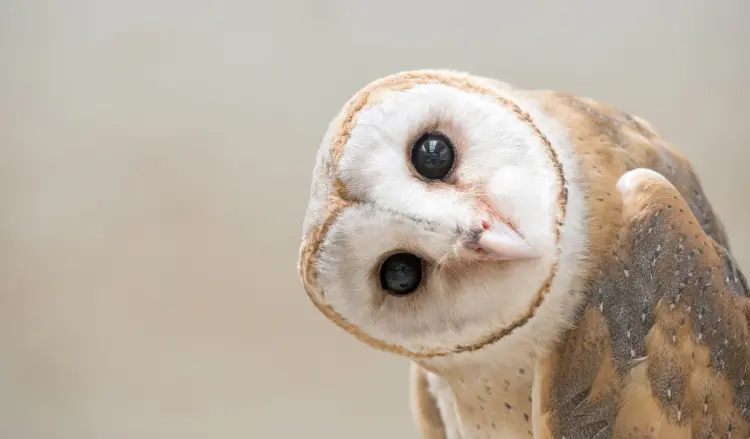Here’s how your support helped vultures in the past year
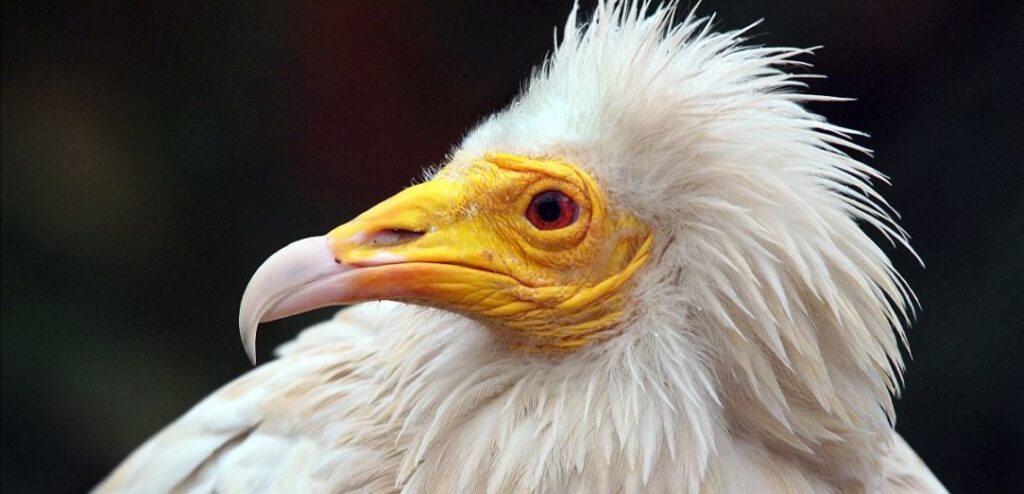
It has been nearly nine months since we launched our appeal to save Africa's vultures. We are extremely grateful for all the support we have received, which is already making real change for these magnificent birds of prey. Here’s an update on what your donations have helped us to achieve so far.
By Sarah Proud
Rapid response to vulture poisoning
With vulture appeal support, BirdLife International, working with the Organization for the Defence and Development of Wetlands (ODZH), coordinated urgent response measures across Guinea-Bissau, following the mass poisonings last year. We were able to provide emergency funding for local actions, including investigating, engaging relevant authorities, and raising awareness against further killings.
In the Gambia, surveys were carried out with the West African Bird Study Association, to understand the root cause of the killing, and we worked with vulture and poisoning expert André Botha, from the Endangered Wildlife Trust, to organise virtual training for participants from the Gambia, Ghana and Ethiopia.
In southern Africa there has been increased momentum around developing response protocols to poisoning and introducing rapid response mechanisms across key protected areas in Zimbabwe, Zambia and Botswana. We hope to see these implemented in 2021 – 2022, leading to a decline in vulture and other wildlife mortality.
In Kenya, we continued our community engagement to find ways for humans and wildlife to coexist, and so to reduce human-wildlife conflict: this has often been a driver of poisoning that has unintentionally killed many vultures.
Image credit: Egyptian Vulture © Edwin Butter/Shutterstock
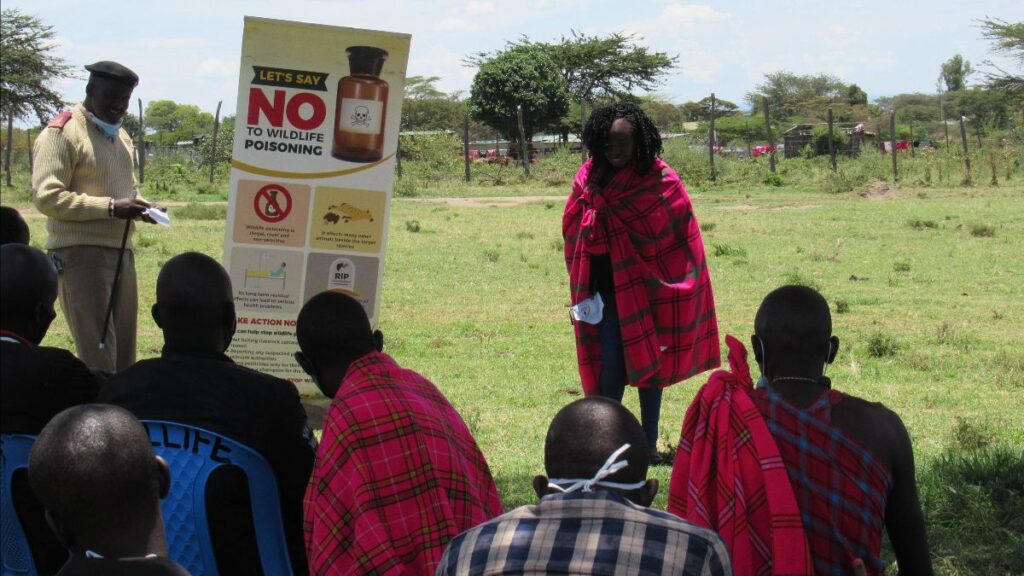
Trade in vulture body parts
Use of vultures and their body parts for belief-based purposes is one of the biggest threats to African vultures. Trade in vulture parts was identified as the main driver in the mass poisoning of Hooded Vultures in Guinea-Bissau, which was found to have been driven by a regional market opportunity.
In Nigeria, the work to reduce demand for vulture parts is ongoing. The Nigerian Conservation Foundation (NCF, BirdLife in Nigeria), have increased efforts to build the capacity and knowledge of law enforcement and customs officials through workshops and guides, helping them to investigate and prosecute vulture killings incidents. You can watch a 30-minute documentary on NCF’s work with vultures here.
In both Nigeria and Zimbabwe (through BirdLife Zimbabwe) discussions with traditional healer associations have been remarkably productive. Healers have shown their concern for the declines in vultures, and those attending the meetings have pledged to look for and start using plant-based alternatives to vulture parts in their healing.
Vulture Safe Zones
Vultures Safe Zones are a conservation tool designed to create a safe feeding, breeding, and roosting space for vultures through voluntary measures. So far, over 510,000 hectares of Vultures Safe Zones have been established in Zambia, Zimbabwe and South Africa. With your support, efforts are ongoing to expand on this.
In Zimbabwe, we are creating a new Vultures Safe Zone in Gwayi Conservancy, where 88 vulture nests were recorded recently in collaborative surveys by BirdLife Zimbabwe, Zimbabwe Parks and Wildlife Management Authority, National University of Science and Technology, Gwanda State University and Gwayi Farmers Association (GFA). The three participating GFA rangers will incorporate vulture monitoring into their patrols and send data to BirdLife Zimbabwe.
In Zambia, efforts to reduce the impact of poisoning by expanding Vulture Safe Zones in Kafue National Park started in earnest in early 2021, with initial stakeholder meetings and provision of safe (poison-free) food for vultures.
Awareness of the plight of vultures
Knowledge is power! To build community understanding on vultures and general biodiversity, BirdLife engages in constant communication efforts through various streams in addition to all the work that our partners are doing on the ground. We have also had three celebrities in Africa unveiled as vulture ambassadors who routinely engage with their followings to raise awareness of the plight of vultures.
These efforts have attracted international media and have been shared across the BirdLife Partnership. In addition, a podcast series entitled Vulture Guardians: Helping Vultures Soar Again has been produced, which you can listen to now.
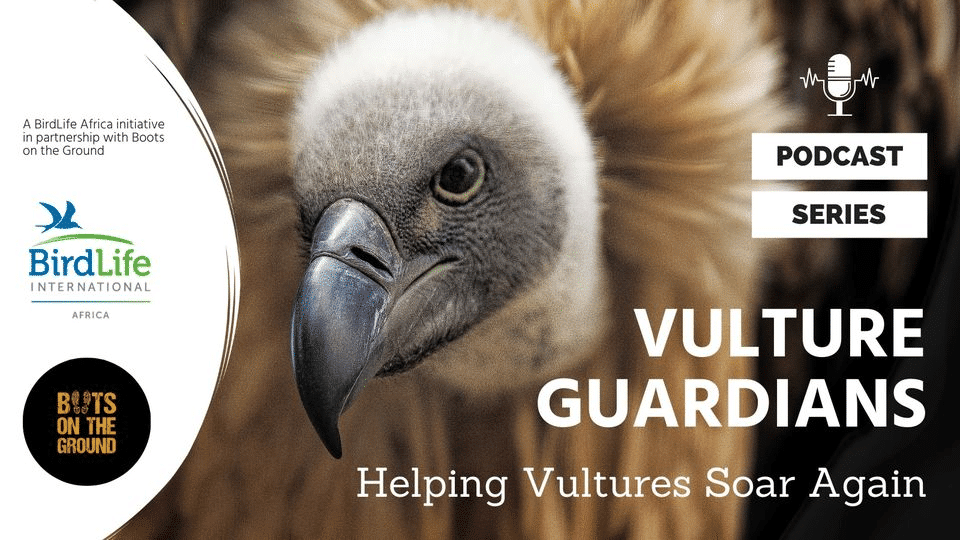
The hazards of energy infrastructure
Recent monitoring has indicated that the severity of this threat may be grossly underestimated, with high risk of collision and electrocution when wind turbines, dangerous pylons or transmission lines are sited near a roosting, breeding, or feeding site for vultures.
In Ethiopia, surveys showed larger than expected numbers of vultures, and other bird species, were being killed in such areas. As a result, an agreement designed to bring together the energy and conservation sectors was signed in late 2020 between the Ethiopian Wildlife and Natural History Society (BirdLife in Ethiopia), Ethiopia Electricity Utility, Ethiopian Electric Power and Ethiopian Wildlife Conservation Authority. This will promote and institute bird-friendly electric power infrastructure in Ethiopia.
In early 2021, a campaign for Bird-safe Energy Infrastructure was delivered in Ethiopia through the Great Ethiopian Run.
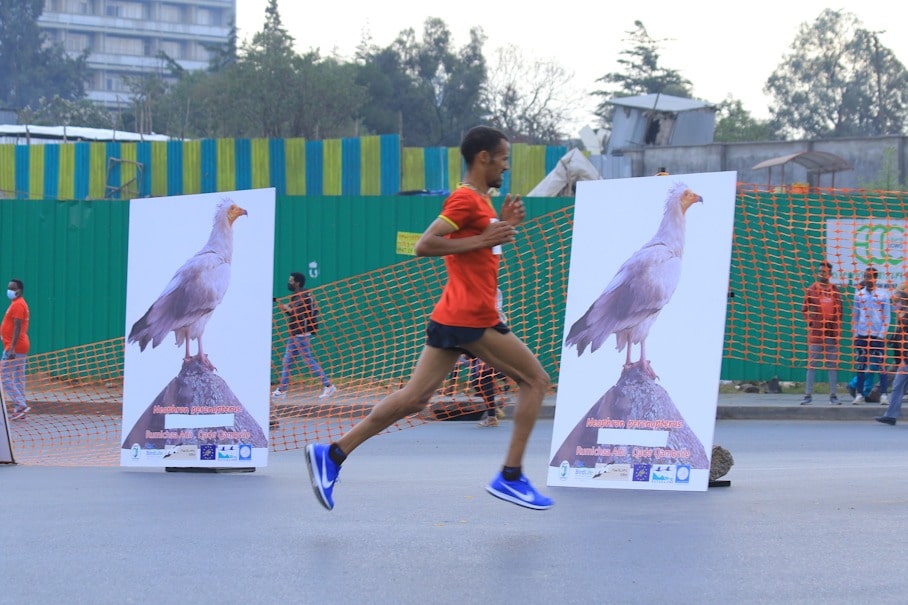
Success in Morocco
BirdLife’s actions for vultures have included North Africa, where the raptor rehabilitation centre run by GREPOM (BirdLife in Morocco), played host to 34 Griffon Vultures who were then released back to nature. The first breeding behaviour of Griffon Vultures in Morocco in over 40 years was then recorded – a triumph for Morocco with GREPOM playing its part alongside the Government’s Department of Water and Forests.
If you would like to support our work saving Africa’s vultures, you can donate to BirdLife International here.
Stay up to date
Sign up to receive the latest bird conservation news. You’ll also receive updates about our projects, science and other ways to get involved including fundraising.
Thank you for your support, we are committed to protecting your personal information and privacy. For more information on how we use your data, please see our Privacy Policy. You can unsubscribe from emails at any time by using the link in the footer of any email from us.
